Frontpage News (3259)
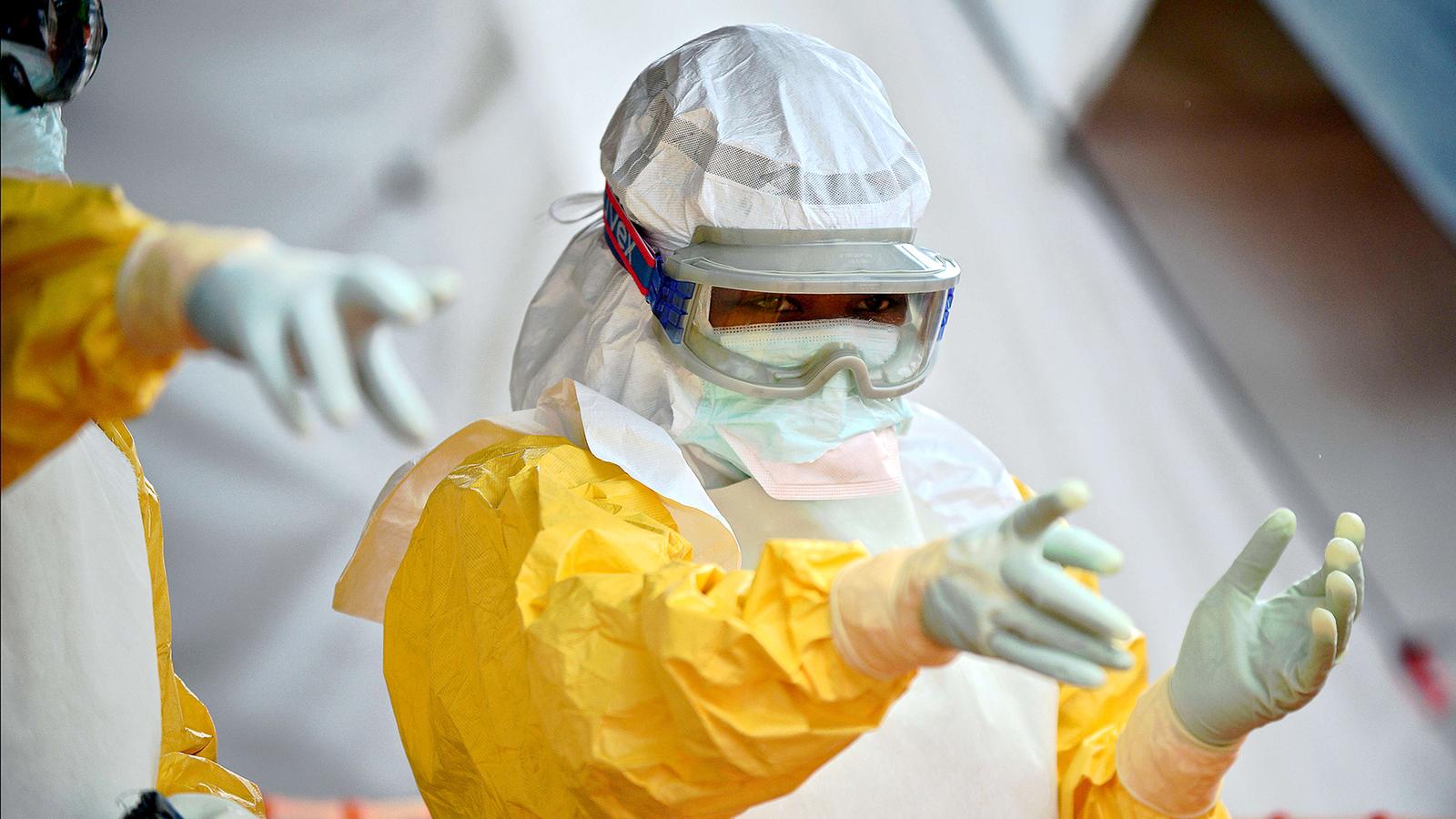 The United States Agency for International Development (USAID) Acting Administrator, Mr. Alfonso Lenhardt, has announced the US Government’s plans to provide an additional $266 million to help West African countries address critical gaps caused by the Ebola outbreak.
The United States Agency for International Development (USAID) Acting Administrator, Mr. Alfonso Lenhardt, has announced the US Government’s plans to provide an additional $266 million to help West African countries address critical gaps caused by the Ebola outbreak.
This was disclosed in a press statement made available to journalists yesterday few days after the International Ebola Recovery Conference at the United Nations Headquarters in New York City. According to the statement, the funds will help Liberia, Sierra Leone, and Guinea to address secondary impacts of the crisis.
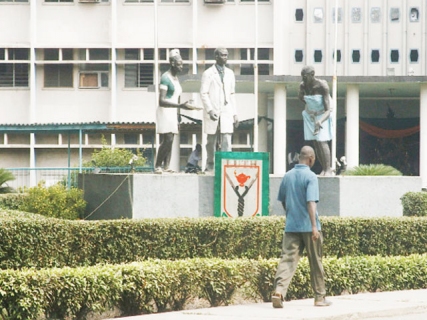 General Electric has officially commissioned the Lagos University Teaching Hospital (LUTH) Biomedical Training centre, which it refurbished and equipped. The commissioning took place at the Federal School of Biomedical Engineering Technology at the LUTH. The commissioning was in fulfillment of a commitment made by the GE Foundation, to work with other stakeholders in developing a new Biomedical Equipment Technician Training (BMET) project in Nigeria.
General Electric has officially commissioned the Lagos University Teaching Hospital (LUTH) Biomedical Training centre, which it refurbished and equipped. The commissioning took place at the Federal School of Biomedical Engineering Technology at the LUTH. The commissioning was in fulfillment of a commitment made by the GE Foundation, to work with other stakeholders in developing a new Biomedical Equipment Technician Training (BMET) project in Nigeria.
It would also address a major need for locally qualified medical technicians to repair and service biomedical equipment. According to a statement, in the first year of running this programme, about 19 technicians and engineers have been trained. Statistics also showed that between 50- 80% of medical equipment is usually out of service in low-income countries according to the World Health Organisation (WHO).
Doctors seek standardised protocols for trauma management
Written by Super User With the growing trend of election violence and insurgency in the country, doctors under the aegis of the National Orthopaedic Hospital Igbobi, Lagos, NOHIL-ARD, are seeking ways of ensuring that experts in management of acute trauma patients adopt standardised and validated approaches to managing patients.
With the growing trend of election violence and insurgency in the country, doctors under the aegis of the National Orthopaedic Hospital Igbobi, Lagos, NOHIL-ARD, are seeking ways of ensuring that experts in management of acute trauma patients adopt standardised and validated approaches to managing patients.
At the 2015 Ordinary General Meeting with the theme: “Election Violence: Impact on the Health Sector and Society at Large” highlighted the burden on medical doctors.
Nigerian Doctors in the Americas meet in Orlando
Written by Super UserEvery year, Nigerian doctors meet all over the world in their organisations to find ways to inspire each other to engage more with Nigeria and support themselves in their various engagements. This year Chikwe Ihekweazu of Nigeria
Health Watch attended the annual conference of the Association of Nigerian Physicians in the Americas (ANPA) which held in Florida, a popular holiday location in the USA. Here is his account of the event.
The energy in the room on the first day of the conference was palpable, as participants began arriving into Orlando. The USA is a vast country and travel is difficult, so for many of them this is the one occasion they get to meet each other and enjoy fellowship, as well as learn from each other. Listening to colleagues introduce themselves to each other and exchange warm greetings gave me an incredible sense of pride.
'Pass a bill banning doctors from embarking on strikes' - Medical don urges FG
Written by Super User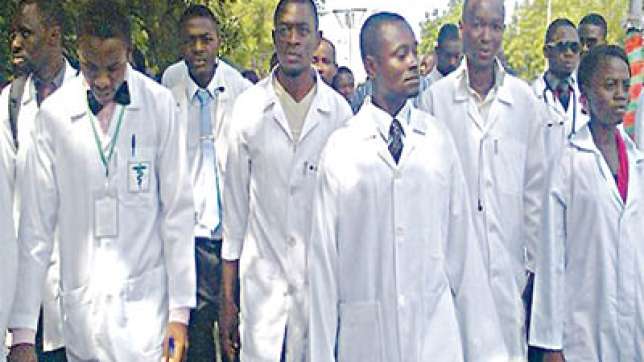 The Chief Medical Director of the Federal Teaching Hospital, Ido Ekiti lamented loss of lives owing to incessant nationwide strike action by doctors under the aegis of the Association of Resident Doctors (ARD)
The Chief Medical Director of the Federal Teaching Hospital, Ido Ekiti lamented loss of lives owing to incessant nationwide strike action by doctors under the aegis of the Association of Resident Doctors (ARD)
Dr Majekodunmi Ayodele, the Chief Medical Director of the Federal Teaching Hospital, Ido Ekiti has called on the Federal Government to sponsor a bill to make industrial actions by medical workers illegal. Ayodele urged President Muhammadu Buhari to set machinery in motion for the restructuring of the health sector by prohibiting medical personnel, whom he said offer essential services, from embarking on strike.
HIV/AIDS - At least $32 billion is needed to eradicate disease by 2030 - UNAIDS
Written by Super User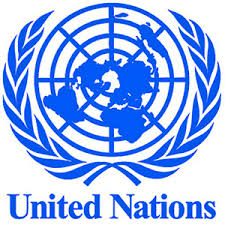 Noting that there has been remarkable strides with the 1996 advent of antiretroviral drugs, which suppresses HIV, the UN stated that a lot more needs to be done. Global HIV/AIDS body, UNAIDS has said the world needs to dramatically step up investment as well as access to treatment to roll back AIDS.
Noting that there has been remarkable strides with the 1996 advent of antiretroviral drugs, which suppresses HIV, the UN stated that a lot more needs to be done. Global HIV/AIDS body, UNAIDS has said the world needs to dramatically step up investment as well as access to treatment to roll back AIDS.
Noting that there has been remarkable strides with the 1996 advent of antiretroviral drugs, which suppresses HIV, the UN stated that a lot more needs to be done. United Nations chief Ban Ki-moon said "the world has delivered on halting and reversing the AIDS epidemic, now we must commit to ending the AIDS epidemic.”
UNAIDS chief Michel Sidibe in a report entitled “How AIDS changed everything” pointed out that "in 2011 world leaders called for reaching 15 million people with life-saving HIV treatment by 2015. And that is exactly what the world did — ahead of schedule,”
PMG-MAN Decries New National Drug Distribution Guidelines
Written by Super User Pharmaceutical industry chiefs under the aegis of the Pharmaceutical Manufacturers Group of the Manufacturers Association of Nigeria have called for the review of the new National Drug Distribution Guidelines, describing it as capable of crippling the industry.
Pharmaceutical industry chiefs under the aegis of the Pharmaceutical Manufacturers Group of the Manufacturers Association of Nigeria have called for the review of the new National Drug Distribution Guidelines, describing it as capable of crippling the industry.A man claiming to be a doctor has been arrested after years of duping staff of establishments keen on personnel health. Sunday Bartholomew was first detained by management of Excel Hotel in Abuja, where he had duped staff into testing for sexually transmitted infections and paying for hepatitis vaccine, before police took custody of him yesterday evening.
Daily Trust learnt the suspect approached the hotel claiming that Centre for Hepatitis and Disease Control recommended hepatitis screening for staff, and injected those who tested negative with vaccine at N1,000 a shot.Bartholomew told police investigators he injected a total 35 workers in days around his anti-hepatitis campaign programme, and offered antiretroviral drug Lamivudine for sale. All women at the establishment tested positive in a “syphilis strip” test he conducted, and he asked them to meet him at a location in Apo for three doses of injections for which he charged N9,000.
 Worried by the danger posed by the activities of illegal operators of patent medicine and pharmaceutical stores in Lagos, the state government, through its Taskforce on Fake, Counterfeit and Unwholesome Processed Foods, has sealed no fewer than 29 illegal patent medicine stores.
Worried by the danger posed by the activities of illegal operators of patent medicine and pharmaceutical stores in Lagos, the state government, through its Taskforce on Fake, Counterfeit and Unwholesome Processed Foods, has sealed no fewer than 29 illegal patent medicine stores.
Permanent Secretary, Lagos State Ministry of Health, Dr. Modele Osunkiyesi, said the 29 shops were sealed off for various offences contrary to the provisions of the law on the operation of pharmacies and patent medicine stores in Lagos State. In a release signed by Director, Press & Public Relations, Salako Adeola, Osunkiyesi noted that the latest closure was coming on the heels of the government’s renewed mandate to rid the state of illicit pharmaceutical stores’ operators.
WHO recommends injectable Artesunate for severe malaria
Written by Super User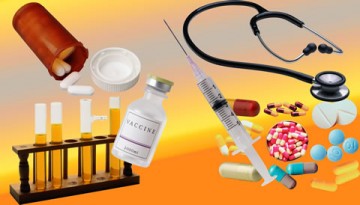 Experts have said that in order to prevent death from severe malaria, immediate treatment with injectable Artesunate is required, after confirmation with rapid diagnostic tests or laboratory investigation.
Experts have said that in order to prevent death from severe malaria, immediate treatment with injectable Artesunate is required, after confirmation with rapid diagnostic tests or laboratory investigation.
Speaking at a media enlightenment campaign, Consultant Medical Parasitologist/Associate Professor at the WHO Centre, College of Medicine, University of Lagos, Dr. Wellington Oyibo, noted that the symptoms of severe malaria were unmistakable and could help in preventing deaths from the disease.
Oyibo said some symptoms of the disease become manifest when a child is unable to walk or sit up without assistance, and when the child is unable to feed.
More...
A former Permanent Secretary, Lagos State Ministry of Health, Dr. Femi Olugbile, has raised the alarm over lapses in the regulatory framework of advanced medical procedures in the country.
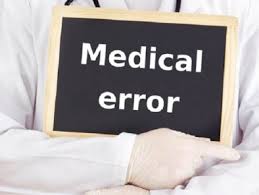 Olugbile, a health policy consultant spoke at a seminar organised by Eldorado Medic Jobs Recruitment Limited in Lagos, noting that lack of guidelines and regulation might put the health of Nigerians at risk. He said, “We have realised that there is a need to fill the gap in regulation because we know that many practitioners are performing advanced medical procedures, such as In-vitro Fertilisation and organ transplants in a legal vacuum.
Olugbile, a health policy consultant spoke at a seminar organised by Eldorado Medic Jobs Recruitment Limited in Lagos, noting that lack of guidelines and regulation might put the health of Nigerians at risk. He said, “We have realised that there is a need to fill the gap in regulation because we know that many practitioners are performing advanced medical procedures, such as In-vitro Fertilisation and organ transplants in a legal vacuum.
“Some practitioners, in reality, could get away with murder now because of poor regulation. Science cannot jump ahead of the law. However, the law must not hold science back. Everything must go hand in hand.” A Biomedical Engineer, Dr. Aderolu Omokayode, also called on the Federal Government to institute a framework that will protect biomedical practice in the country.
Ebola: Two new trials of vaccines begin in Europe and Africa
Written by Super User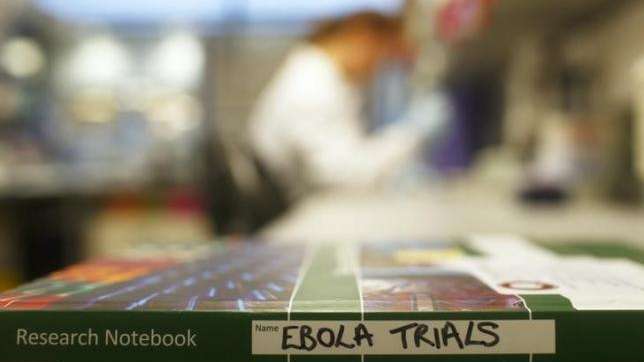 The development of the prime-boost and other vaccines was accelerated in response to vast outbreaks of Ebola in West Africa, where at least 11,200 people have died so far in Guinea, Sierra Leone and Liberia.
The development of the prime-boost and other vaccines was accelerated in response to vast outbreaks of Ebola in West Africa, where at least 11,200 people have died so far in Guinea, Sierra Leone and Liberia.
Two new Ebola vaccine trials began on Wednesday with volunteers in Britain, France and Senegal getting "prime-boost" immunisations developed by Bavarian Nordic, GlaxoSmithKline and Johnson & Johnson. The mid-stage, or Phase II, trials are designed primarily to test the vaccines' safety, but will also assess whether they provoke an immune response against the deadly virus. The development of the prime-boost and other vaccines was accelerated in response to vast outbreaks of Ebola in West Africa, where at least 11,200 people have died so far in Guinea, Sierra Leone and Liberia.
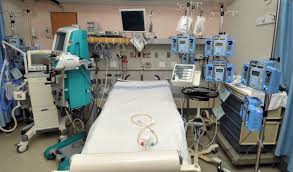 The Consultant, Intensive Care Unit, Paelon Memorial Clinic, Lagos, Dr. Sylvia Cole, has called for the creation of more intensive care units in the country to cater for patients with life-threatening conditions. Cole made the call during the inauguration of a two-bed ICU unit at the clinic.
The Consultant, Intensive Care Unit, Paelon Memorial Clinic, Lagos, Dr. Sylvia Cole, has called for the creation of more intensive care units in the country to cater for patients with life-threatening conditions. Cole made the call during the inauguration of a two-bed ICU unit at the clinic.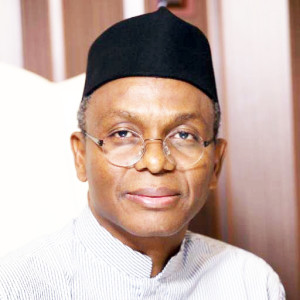 Gov. Nasiru El-Rufai of Kaduna state on Thursday solicited the support of the World Health Organisation (WHO) to strengthen healthcare services in the state. El-Rufa’i, who made the call when he received officials of the World Bank in his office, said healthcare delivery remained a priority of the administration. He disclosed that the government would forward a bill to the state House of Assembly to streamline activities of its Primary Healthcare Development Agency for effective service delivery.
Gov. Nasiru El-Rufai of Kaduna state on Thursday solicited the support of the World Health Organisation (WHO) to strengthen healthcare services in the state. El-Rufa’i, who made the call when he received officials of the World Bank in his office, said healthcare delivery remained a priority of the administration. He disclosed that the government would forward a bill to the state House of Assembly to streamline activities of its Primary Healthcare Development Agency for effective service delivery.
“We want to provide a framework for all those that want to help us; it will be a one-stop-shop on healthcare,’’ he said. The governor pledged that the administration would redeem its counterpart obligation to all donor agencies and intervene decisively in areas where resistance was recorded in polio immunisation. The governor commended medical and health workers in the state for their commitment to duty in spite of the poor working environment.






